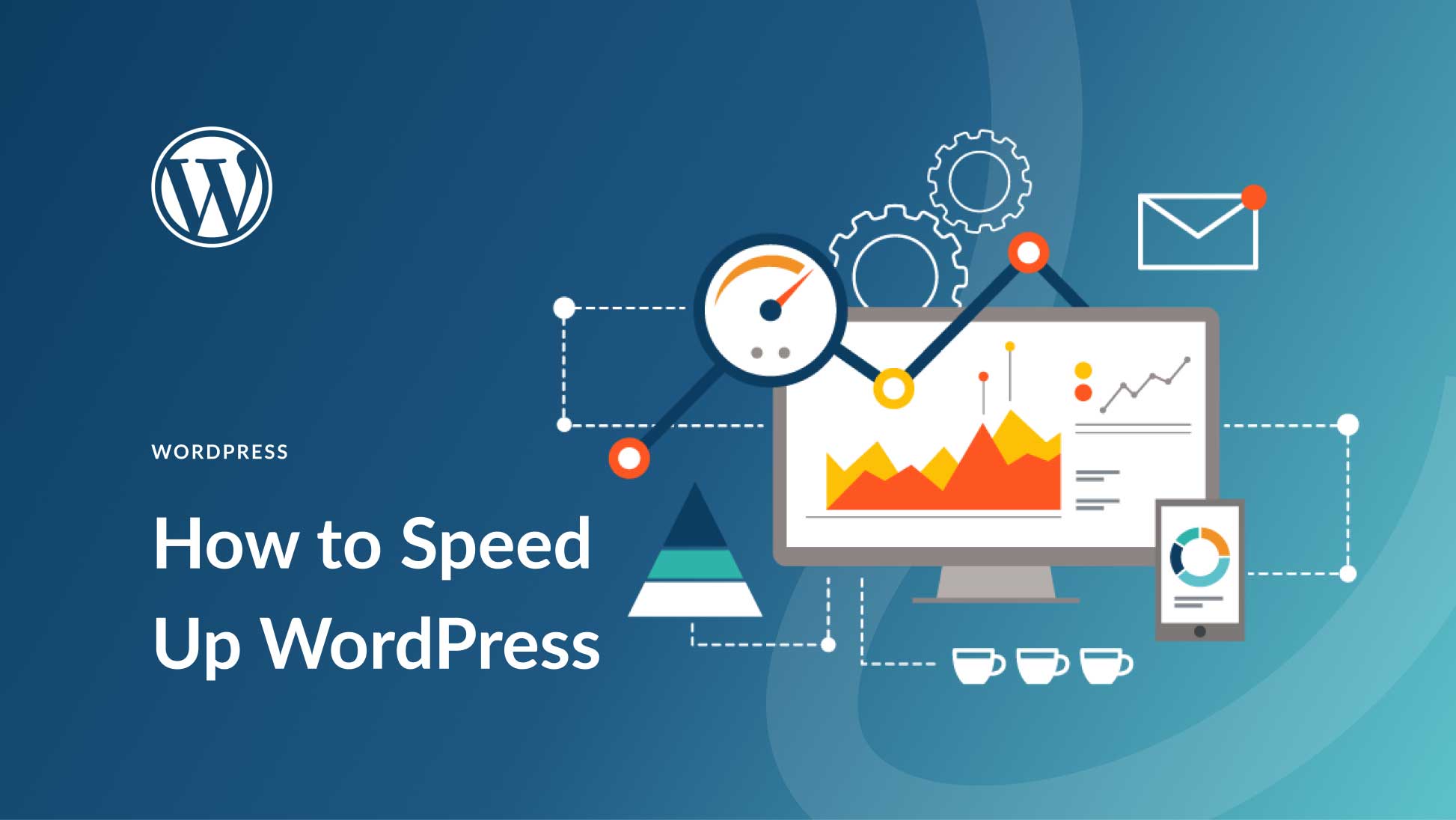How to Speed Up a WordPress Site
Having a fast website is crucial for keeping your visitors engaged and improving your search engine rankings. If your WordPress site is running slow, don’t worry! In this article, we will discuss some practical tips to help you speed up your WordPress site.
1. Choose a Reliable Web Hosting Provider
One of the most important factors that contribute to website speed is the quality of your web hosting provider. Make sure you choose a reliable and fast hosting provider that can handle your website’s traffic. Look for providers that offer SSD storage, CDN integration, and have good uptime.
2. Optimize Images
Large images can significantly slow down your website. Make sure to optimize your images before uploading them to your site. You can use plugins like Smush or EWWW Image Optimizer to compress your images without losing quality.
3. Install a Caching Plugin
Caching plugins can help improve your website’s performance by storing static files of your site on your server or visitor’s browser. This reduces the load time when a visitor returns to your site. Some popular caching plugins include W3 Total Cache, WP Super Cache, and WP Rocket.
4. Minify CSS and JavaScript
Minifying your CSS and JavaScript files can help reduce the file sizes and improve your website’s load time. You can use plugins like Autoptimize or WP Super Minify to easily minify your files.
5. Optimize Your WordPress Database
Regularly cleaning up your WordPress database can help improve your site’s performance. You can use plugins like WP-Optimize or WP-Sweep to clean up unnecessary data, revisions, and spam comments.
6. Enable GZIP Compression
GZIP compression can significantly reduce your website’s file size, making it quicker to load. Most hosting providers offer GZIP compression, but you can also enable it through plugins like Check and Enable GZIP compression.
7. Limit External Scripts
External scripts such as ads, social media widgets, and analytics can slow down your site’s loading time. Limit the number of external scripts on your site and only include the ones that are essential for your site’s functionality.
8. Keep WordPress Updated
Make sure to regularly update your WordPress core, themes, and plugins. Updates often include performance improvements and security patches that can help speed up your site and keep it secure.
Conclusion
By following these tips, you can significantly improve the speed of your WordPress site and provide a better user experience for your visitors. Remember that website speed is crucial for SEO and user engagement, so it’s essential to prioritize speed optimization for your site. Implementing these tips will help you achieve a faster, more responsive WordPress site that will keep your visitors coming back for more!
